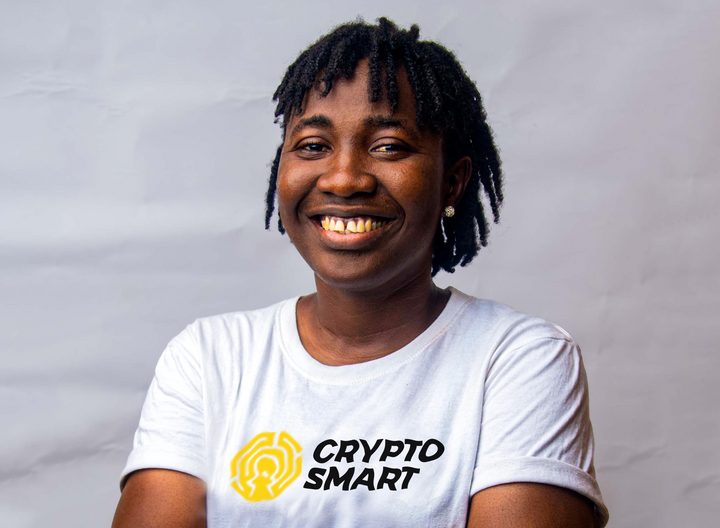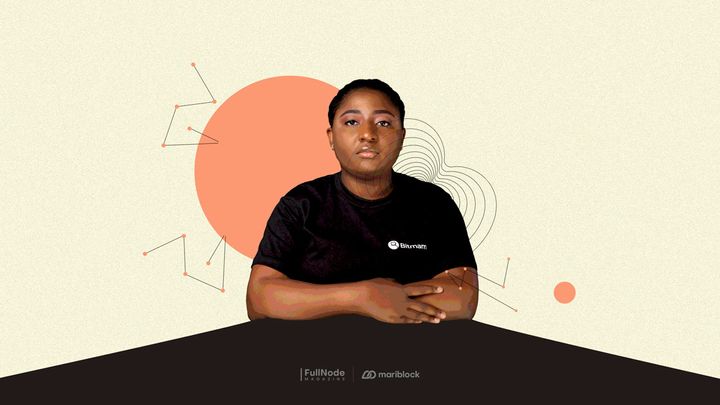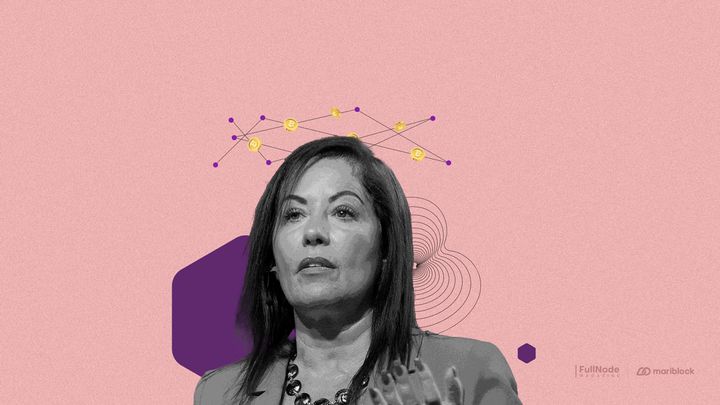Fostering gender equality through blockchain: the power of community and collaboration

In its initial conception in 2008, blockchain technology was a mechanism for facilitating Bitcoin transactions. However, more recently, blockchain has been leveraged to create and empower communities through different means, from aiding humanitarian projects to driving gender equality by creating safe spaces for women to thrive in the Web3 world.
Just recently, blockchain played a vital role in aiding the victims of the devastating Feb. 6 earthquake in Turkey. Amid political tensions complicating relief efforts, several groups received relief funds via cryptocurrency, including individuals who received funds personally into their wallets by simple airdrop. A society where peer-to-peer transactions can occur freely without bias or central authorities might suggest a new era of inclusivity and equality.
“I’d say that the definition of blockchain itself is fostering gender equality. What makes blockchain unique — censorship resistance, decentralization, peer to peer, transparency, anonymity, etc. — that’s the core of the blockchain,” Oluchi Enebeli, blockchain engineer and founder of Web3Ladies, said.
The way blockchain and its attendant innovation, cryptocurrency, brought timely relief to people in Turkey— faster can bureaucracy allows — during the crises in Turkey is a reminder that the value of blockchain lies in people … communities.
“Blockchain is built on the premise of community — a peer-to-peer network. You can’t separate community from blockchain because the core of blockchain is community,” says Enebeli. “You’d see that blockchain has really caused a lot of women around the world to collaborate in a p2p [peer-to-peer] manner [and] in a decentralized way.”
Enebeli adds that communities played a considerable role in her journey to becoming Nigeria’s first female blockchain engineer.
“When I started, I knew there was something more I could connect to. So I started trying to get more by going for different events, hackathons, and [joining] different communities.”
It was then only natural that Enebeli would go on to build her own community. Only this time, she made it for women. The community, namely Web3Ladies, equips African ladies with blockchain skills and has helped women of like minds work together towards a single goal.
“It [Web3Ladies] has enabled us [to] collaborate better. Women across different countries [are] collaborating to foster a single goal; women empowerment, women education [and] women liberation,” she said. “We can see this has had a ripple effect on getting women where we want to be.”
Nevertheless, women’s participation in the blockchain space has been notably of scant supply. This can be attributed, in part, to human biases, including but not limited to gender bias.
During a discussion with Mariblock, Monica Singer, South Africa lead at ConsenSys, emphasized the prevalence of unconscious gender bias in societies, particularly in professional settings. This means people tend to employ others exactly like them, which is one reason the blockchain industry is still male-dominated.
For the first time, you can get involved in a system without having to put in your identity to say, ‘this is who I am.’
According to the Blockchain Council, women hold around 20% of jobs in the tech field, and less than 5% of women are involved in the crypto space as investors, developers, and founders.
However, anonymizing data can mitigate gender bias during job applications review, according to a Harvard Business Review research, and Enebeli believes anonymity and censorship resistance are attributes that enable blockchain to drive gender equality.
“For the first time, you can get involved in a system without having to put in your identity to say, ‘this is who I am’ [for] people [to] label you … you can’t really cut anybody out because you don’t know them. All you can see are addresses.”
One can immediately imagine the potential for anonymity to level the playing field in places like the art world. Traditionally, artwork produced by female artists has been found to sell for approximately 50% less than that of male artists. Add to that, a survey by research house Art Tactic showed female artists accounted for only 5% of sales in the NFT market compared to male artists.
Non-fungible tokens (NFTs) creators are also not required to reveal their identities or genders.
Thanks to the anonymous nature of blockchain technology, Enebeli believes women can freely go on “creating NFTs that foster gender inclusion and women empowerment.” Although the NFT creator gender gap remains significantly broad (male at 84% and female at 16%), she also appreciates the numerous women-based NFT projects making a difference today, funding women and providing sponsorship to attend different events to create exposure.
These all come down to the power of communities, which has also been vital to increasing women’s participation in the world of decentralization. The number of women working in the blockchain space has increased from 8% to 12% in the past two years, per a Blockchain Council report. This underscores the importance of communities that facilitate counseling and mentorship programs, Enebeli says.
You need to put yourself in that space where you can be motivated. It might not work out at first, but the more you stay in that environment, the more you get to understand and fit in better.
But women need to be willing too. Benefitting from a community and building a career in this emerging space requires a willingness to adopt a new mindset and commit to striving for excellence, she added.
“We’re coming from an age-long mindset that we can’t go so far; this is how much we can do. People have passed this idea from generation to generation, and so this is something that we need to break, and it starts with the mind. You need to put yourself in that space where you can be motivated. It might not work out at first, but the more you stay in that environment, the more you get to understand and fit in better.”
Enebeli’s Web3Ladies community plans to continue driving this mindset change, with plans to unveil two additional cohorts and intermediate and advanced tracks for their mentorship programs.
“There is a skill gap in the space. Companies are looking for more senior engineers and we have more entry-level engineers … so we want to build more senior-level blockchain engineers,” Enebeli said. “We’re also looking to help these ladies get access to more of these job opportunities through a talent skill pool that we’re currently working on.
“Beyond creating awareness, training and mentoring, the other side is having real-world experiences on teams, companies and products.”



